Freedom of Palestinian abductees, cutting across factions, reflects unity of cause
By Nahid Poureisa
A total of 200 Palestinian abductees, including 121 serving life sentences, were released on Saturday in exchange for four Israeli female soldiers.
It came a week after 90 Palestinian abductees were freed in exchange for three Israeli captives as part of a ceasefire deal between Tel Aviv and Hamas that came into effect last Sunday.
So far, 290 Palestinians, many of them languishing in Israeli jails for decades, have been released as part of the deal reached between the Israeli regime and Hamas after 471 days of genocidal war on the besieged and battered Gaza Strip.
The prisoners released belong to a wide range of Palestinian factions, including Hamas, Islamic Jihad, Fatah, the Popular Front for the Liberation of Palestine (PFLP), and the Democratic Front for the Liberation of Palestine (DFLP).
This diverse representation highlights the unity of the Palestinian resistance and the immense collective strength required to secure a historic deal after the Zionist regime failed to achieve any of its military goals despite more than 15 months of relentless genocidal aggression.
The Hamas resistance movement, which led Operation Al-Aqsa Flood (Storm) on October 7, 2023, demonstrated that its strategy is rooted in inclusivity and the core principles of unity and liberation.
By embracing abductees from different ideological and organizational backgrounds, the Gaza-based movement reaffirmed its commitment to collective resistance, solidarity, and the shared goal of liberation of occupied territories from the Zionist occupation and apartheid.
Western imperialism has long sought to undermine the legitimate Palestinian struggle, often framing it as a conflict between modernity and religious extremism, or one rooted in religious intolerance.
However, this narrative is far removed from the truth. At its core, the Palestinian struggle is a fight against colonial oppression—a confrontation between the indigenous people of Palestine and the foreign occupiers backed by Western powers.
The initial moments following the arrival of the 70 prisoners, released as part of the resistance's Toufan al-Ahrar (Flood of the Free) prisoner exchange agreement, who were transported to the Egyptian capital, Cairo.
— Palestine Highlights (@PalHighlight) January 26, 2025
Follow Press TV on Telegram: https://t.co/fvRn3Kv8f4 pic.twitter.com/8p9qeVRQh6
After two devastating world wars, European powers sought to resolve their own geopolitical and demographic issues by creating settler-colonial entities like Israel in the heart of West Asia.
What is often labeled the "Palestinian-Israeli conflict" is not a clash of religions or ideologies, but a struggle for the restoration of stolen land, dignity, and survival against an ongoing project of settler-colonialism.
This truth has been starkly evident in the release of Palestinian abductees in recent weeks.
While Hamas is an Islamic movement, it included figures such as Khalida Jarrar, a Marxist revolutionary, in the exchange. This inclusion challenges the Western narrative that portrays Hamas and the broader Palestinian resistance as exclusively religious or extremist.
Hamas’ actions underscore the fact that the resistance is based on principles of justice, liberation, and the right to live with dignity, transcending any narrow ideological boundaries.
Jarrar, a prominent Palestinian political figure and lifelong advocate for Palestinian liberation, was among those freed in the first phase of the exchange last Sunday.
Although she is not affiliated with Hamas, her release highlights the inclusivity within the Palestinian movement that is struggling against the West-backed Zionist settler-colonial entity.
Jarrar, a feminist and Marxist leader, represents a secular voice in the struggle for Palestinian liberation. Her release directly challenges the Islamophobic narratives that often depict resistance movements against Zionism and Western imperialism as regressive or anti-women.
Hamas’ efforts to secure her freedom demonstrate that its struggle is one for the liberation of all Palestinians, regardless of their gender, ideology, or background. This decision is an affirmation of the collective fight for justice, not a pursuit of narrow sectarian or ideological goals.
Marwan Barghouti, often referred to as “Palestine’s Mandela,” remains a central figure in discussions surrounding prisoner exchanges. While he has not yet been released, his freedom remains a priority for the Hamas leadership.
Barghouti’s leadership during the Intifadas and his immense popularity, especially among Palestinian youth, make him a unifying figure in the fight for liberation.
Even though he is seen as a rival to Hamas by some, the movement’s priority to secure his release reflects its focus on the collective Palestinian cause and the collective struggle against the enemy.
"If it were not for the efforts of the resistance, we would not have achieved our liberation today."
— Palestine Highlights (@PalHighlight) January 26, 2025
Video shows the life-sentenced prisoner Nasr Dawood moments after his release.
Follow Press TV on Telegram: https://t.co/fvRn3Kv8f4 pic.twitter.com/FFXjym0mNS
Barghouti’s eventual release would inspire the Palestinian people and challenge the occupier’s strategy of dividing the resistance along political or ideological lines.
Western narratives, which have sought to delegitimize the Palestinian resistance by framing it as a clash between religious extremism and modernity, are essentially false narratives designed to justify settler-colonial projects and obscure the true nature of the just and legitimate Palestinian struggle.
However, the actions of the resistance stand in stark contrast to these narratives. For instance, the humane treatment of Israeli captives by Hamas, as reported by the captives themselves, starkly contrasts with the brutal treatment of Palestinian prisoners in Israeli jails.
These actions underscore the moral foundation of the resistance and challenge Western attempts to equate the oppressor with the oppressed.
The inclusion of figures like Jarrar and the prioritization of Marwan Barghouti’s release reinforces the commitment to unity and liberation across ideological lines. These decisions reject the false dichotomy that Western imperialism attempts to impose and affirm the resistance’s dedication to justice.
Hamas’ inclusive approach to swap deals reflects its commitment to a united Palestinian struggle that not only strengthens internal unity but also defies external efforts to weaken the Palestinian cause.
Ultimately, the goal of the Palestinian resistance is a free, united Palestine, rooted in justice and equality for all its people. Hamas has demonstrated its commitment to these principles, and Western propaganda about the resistance movement cannot change that fact.
Nahid Poureisa is an Iranian analyst and academic researcher focused on West Asia and China.
(The views expressed in this article do not necessarily reflect those of Press TV.)
VIDEO | New Yorkers embrace Central Park's first snowfall
Far-right Kast sweeps Chile’s presidential election
Hamas says reserves right to retaliate for commander assassination
Civilizations must unite against unilateralism, warmongering: Iran’s deputy FM
VIDEO | Resistance against occupation
China expands use of Iranian rail corridor for cargo transit
Ukraine’s Zelensky says open to dropping NATO bid for security guarantees
Israel kills 3 in south Lebanon as it threatens ‘wide-scale’ attack


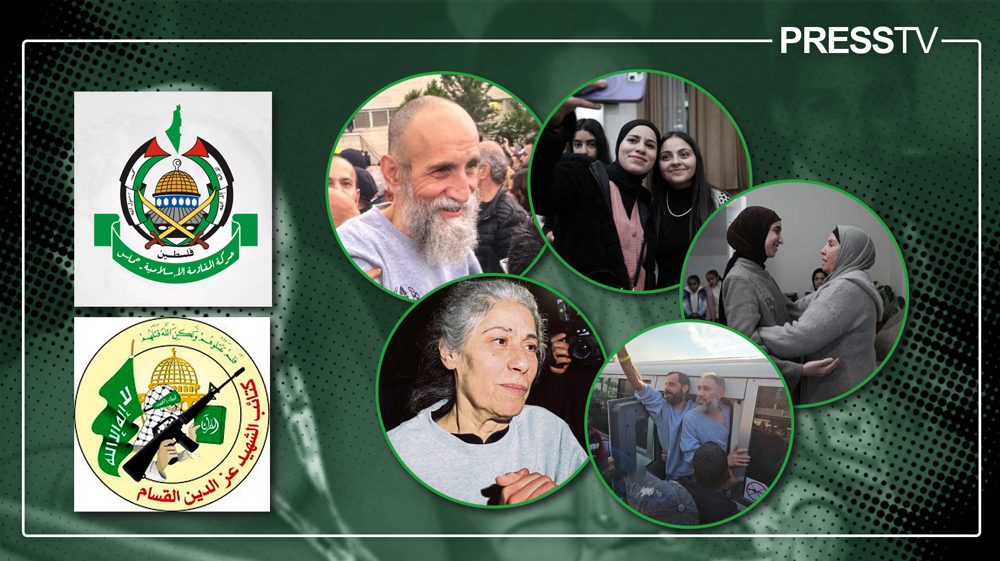
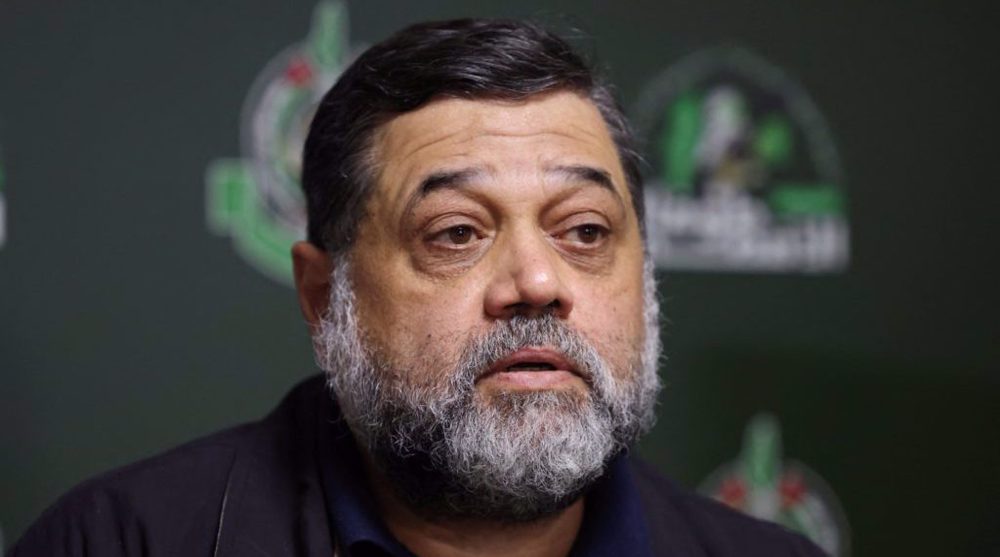
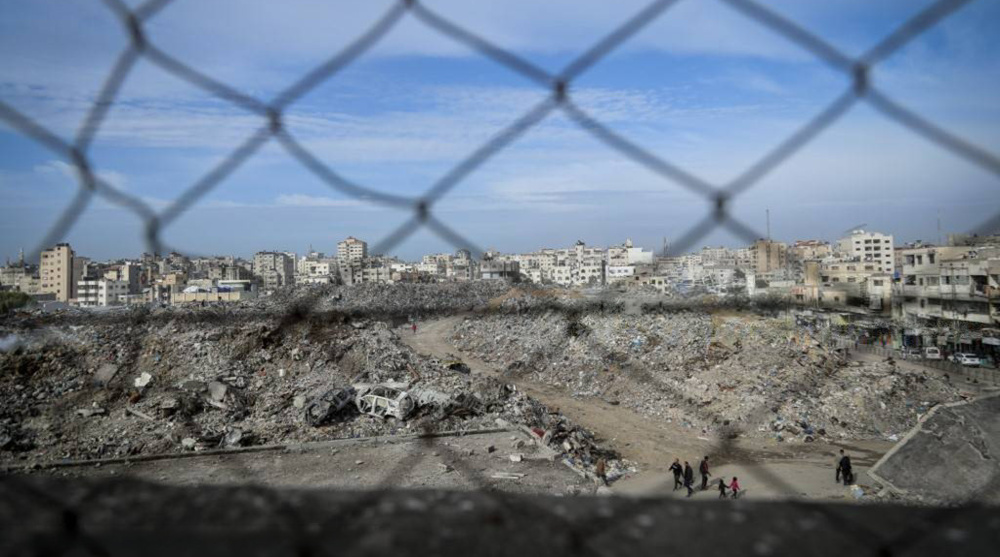




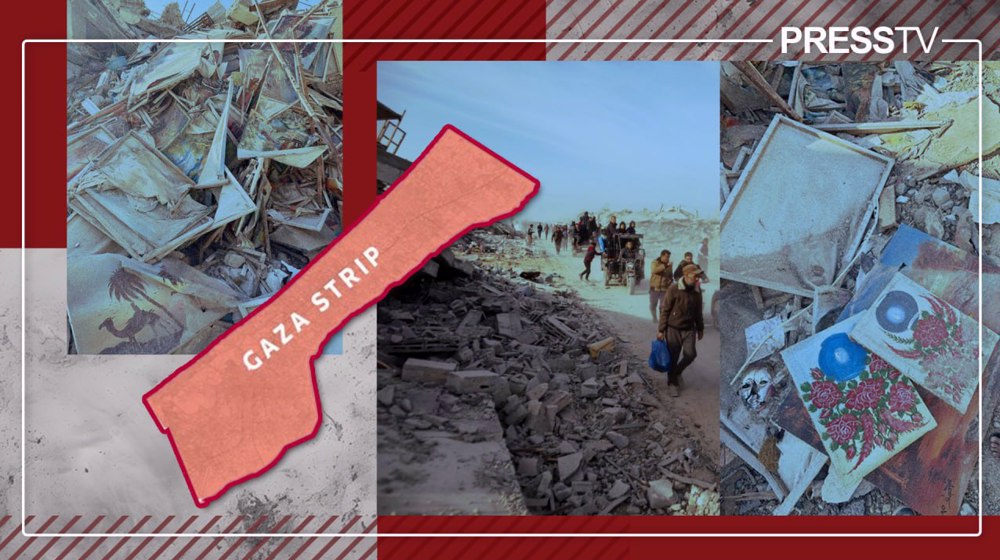
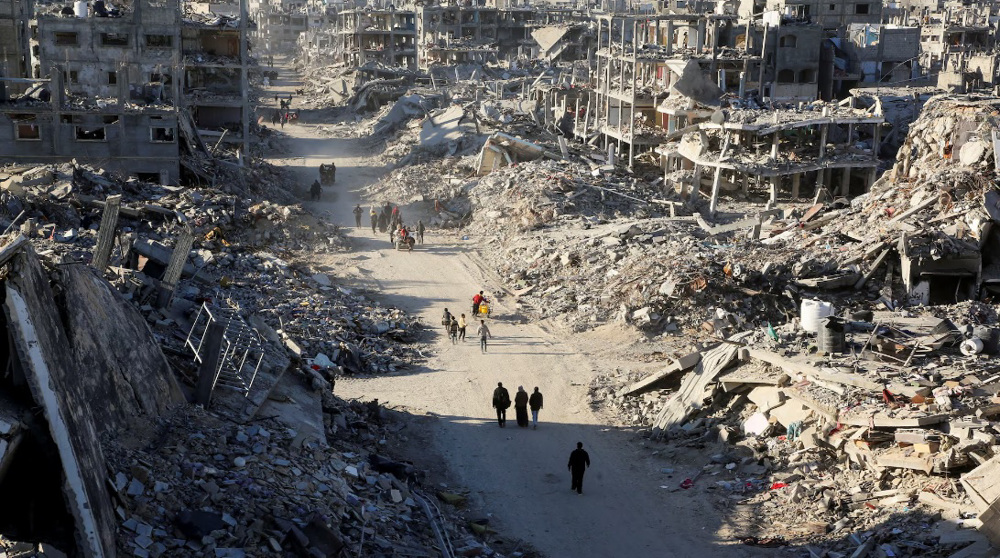
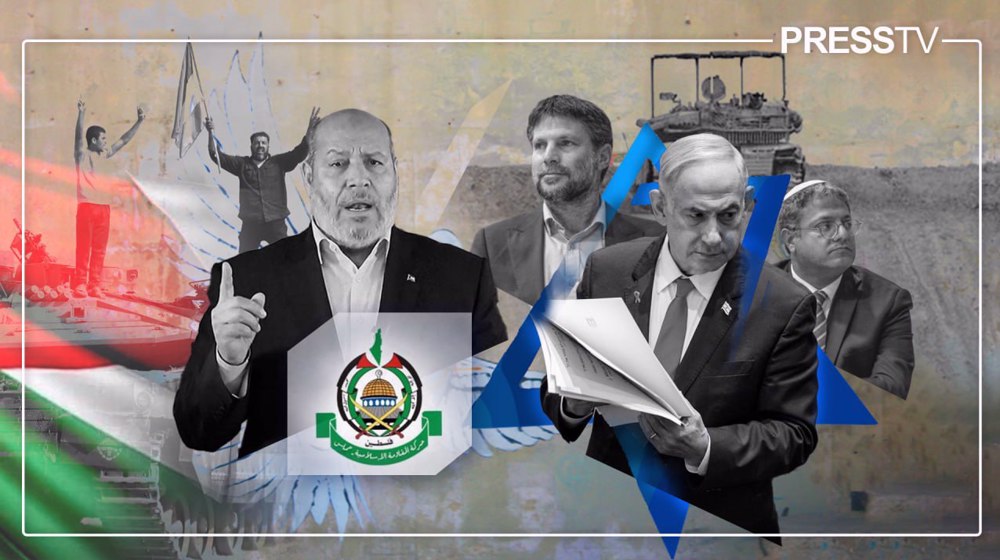


 This makes it easy to access the Press TV website
This makes it easy to access the Press TV website